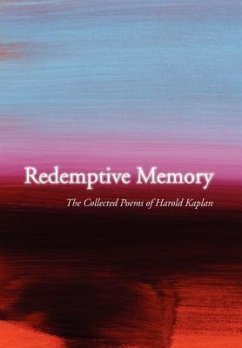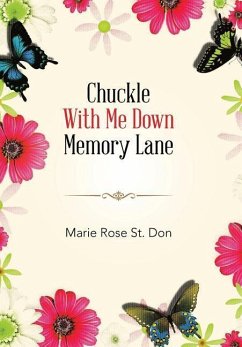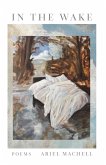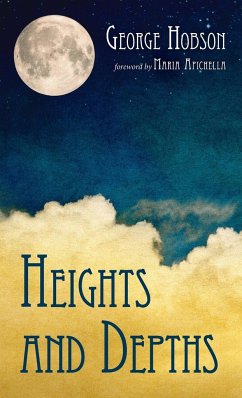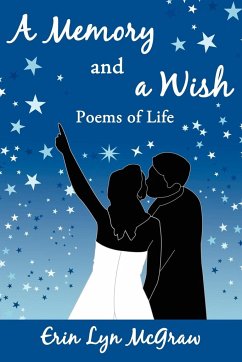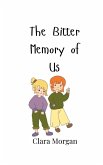Redemptive Memory reveals the pattern of a life lived passionately and examined deeply. Its themes are love, that draws the poet to the world; anger, that rages against disappointment; and song, that joins feeling and thought in the redemptive promise of form. These poems arise from experience and evoke unnamed others through many modes of address: interrogative, imperative, suppliant. Yet in their use of allegory and parable, and their generalizing thrust, they reach beyond the individual life, discovering laws of conscience and commitment that might guide another life. The body's joys and losses, the ego's rage against betrayal and death, language's "acrobatic" enchantments, the sand and water of the mutable world we act in-all fi nd their enduring music here. The poems have the majesty of Yeats, the intellectual ambition of Eliot, the humanity of Stevens, pressing back against the pressure of reality. The phrasing in these poems displays an intelligence that reveres mystery: "all my solaces turn ashes in your seeking"; "the snowman kneels into sleep"; "the heel of space stamping/the changes of what I feel." The compelling rhymes shape an ethical awareness: "sober judges on the stormy roof/ you tell every man to come home from his youth." And the rhythms are designed to body forth their arguments: Carve your substance in the furnace of form; the wall of the word grows stronger than harm In these masterful poems, some braced against harm, others whispering in the silence or just swinging in glee, the imagination is satisfi ed and memory is indeed made redemptive. Bonnie Costello, Boston University
Hinweis: Dieser Artikel kann nur an eine deutsche Lieferadresse ausgeliefert werden.
Hinweis: Dieser Artikel kann nur an eine deutsche Lieferadresse ausgeliefert werden.

